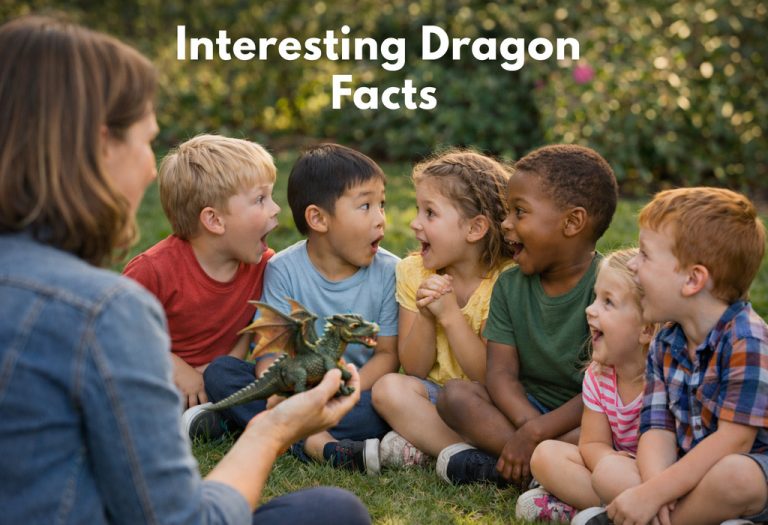Amazing Facts About Water That Kids Should Know About
Have you ever wondered what makes water so magical? We see it daily in our sinks, in the rain, and even in our bodies. But did you know water is full of surprises? Yep, it’s not just something we drink or splash around during summer. Water is packed with amazing secrets that might blow your mind, especially if you’re a curious kid!
Learning water facts for kids can be both fun and helpful. Water plays a big part in keeping us healthy, cleaning our world, and helping plants and animals survive. So let’s dive in (pun totally intended!) and explore some fun facts about water, the clear, magical liquid we all depend on.
What Is the Importance of Water in Our Lives?

AI-Generated Image
Water is one of the most important things on Earth. Without it, nothing can survive. People, animals, and plants all need water every single day.
We drink water to stay healthy. It keeps our bodies working properly. It helps us stay cool when it is hot and wash away germs and dirt to keep us clean (1). Plants need water to grow. If you have a garden, you probably water it to help the flowers and vegetables grow big and strong. Trees and grass also need water from the rain.
Animals drink from rivers, ponds, or even puddles. Without water, they would not have the energy to run, play, or hunt for food. Water is also used for cooking, cleaning, and even making things like clothes and paper. At school or at home, water helps us in more ways than we can count.
That is why it is super important not to waste it. We should always try to save water and use only what we need.
Where Does Water Come From?
Water comes from many places around us, and it moves in a big circle called the water cycle. It starts when the sun heats up water in oceans, lakes, and rivers and turns it into a vapour that rises into the sky. This is called evaporation. Then, the vapour cools down and forms clouds in the sky. This step is called condensation. When the clouds get heavy, the water falls back to the ground as rain, snow, or hail. This is called precipitation. After that, the water flows into rivers, lakes and oceans again, or it sinks into the ground. Some of it is stored under the Earth, and some is used by plants and animals. This part is called collection (2). Some water also comes from deep underground. People use wells to bring it up so they can use it at home or on farms. So the water you drink today might have once been rain or snow or part of a cloud high up in the sky. Pretty cool right
Why There Is a Water Shortage?
Even though Earth has a lot of water, not all of it can be used for drinking or daily life. Most of the water is in the oceans, and it is salty. Only a small amount of fresh water is needed, and even less is clean and safe to use.
There is a water shortage because people use too much water without thinking. Long showers, running taps, and wasting water when brushing teeth all add up. In some places, it does not rain enough, and rivers dry up. That makes it hard for people and animals to get the water they need.
Farms also use a lot of water to grow food. Sometimes, they use more than needed, and the extra water goes to waste. Factories and pollution can also make water dirty and unsafe.
When there is less water and more people need it, we get a shortage. That is why we must save water and use it wisely every day.
Some Interesting Facts About Water for Kids
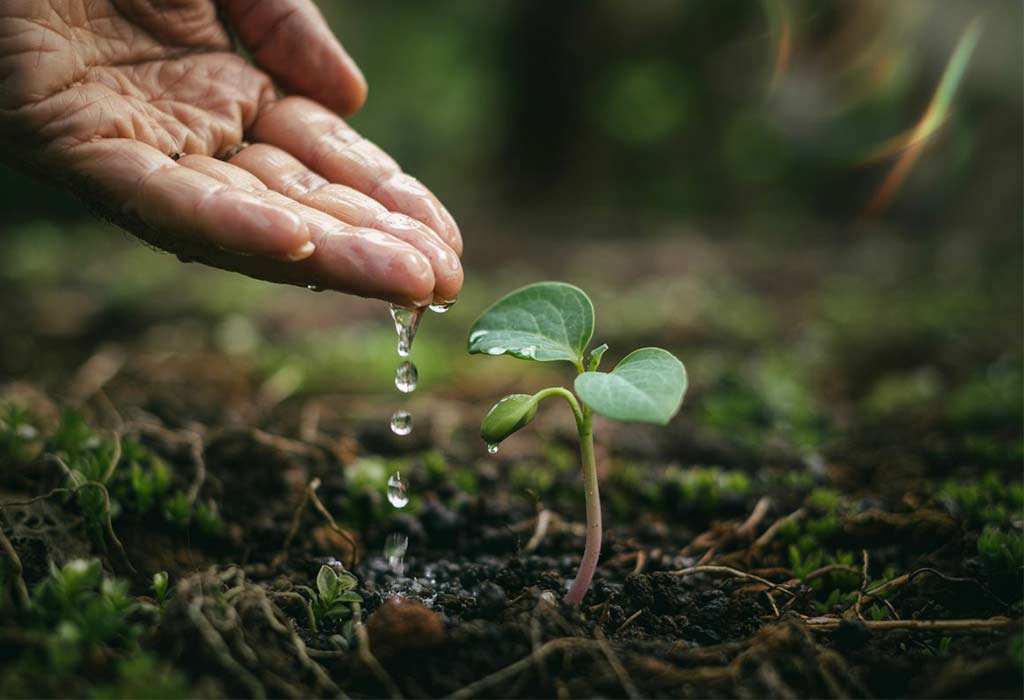
AI-Generated Image
Water is full of surprises, and there is so much to learn about it. These fun and simple facts will help you understand why water is so special. Get ready to learn some cool things you may have never heard before.
- Water has no colour, no smell, and no taste.
- Around 70 per cent of the Earth is covered in water.
- Most of the fresh water on Earth is frozen in ice caps and glaciers.
- Your body is made up of about 60 per cent water (3).
- Fish and many other animals live their whole lives in water.
- Water can be found as a liquid, solid, or gas, depending on the temperature.
- The same water on Earth has been moving through the water cycle for millions of years.
- A person can live weeks without food but only a few days without water.
- Water helps carry nutrients through our bodies and keeps us strong.
- You can find water even in fruits like watermelon and oranges.
- Rain is just water falling from clouds when it gets too heavy.
- A water fun fact is that octopuses have blue blood because of a special part that works with water (4).
- In some deserts, people collect water from fog using nets.
- Ice floats on water because it is lighter than the liquid form.
- A single drop of water can contain millions of tiny living things.
FAQs
1. Why is water important for kids?
Water keeps kids healthy and strong. It helps the body work properly and gives energy to play and learn every day.
2. Can we drink water from rivers and lakes?
Not always. Water from rivers and lakes can have germs or dirt. It should be cleaned or filtered before drinking.
3. How can kids save water at home?
Kids can save water by turning off taps while brushing their teeth, using less water for baths, and helping fix any leaks at home.
4. Why should we not waste water?
Water is limited, and many people around the world do not have enough. Saving water helps make sure there is enough for everyone.
5. What are some fun ways to learn about water?
Kids can do simple science experiments, read books, watch videos, or visit science centres to learn more about water in a fun way.
Water is one of the most important things in our world. It helps people, animals, and plants stay alive and healthy. Even though we see it every day, it is full of wonders. From clouds in the sky to drops in a glass, water has a special story to tell. Kids can learn so much by asking questions and exploring how water works. Knowing more about water helps us care for it better. We should always try to use it wisely and never waste it. When we save water, we help our planet and all the living things that call it home.
References/Resources:
1. UC Davis Health – Why it’s important for you to drink water and stay hydrated
2. National Oceanic and Atmospheric Administration – Water cycle
3. USGS – The Water in You: Water and the Human Body
4. Natural History Museum – Octopuses keep surprising us – here are eight examples how
Also Read:
Ocean Facts for Kids
Plant Facts for Kids
Facts About Science for Kids
Facts About Animals for Kids
Was This Article Helpful?
Parenting is a huge responsibility, for you as a caregiver, but also for us as a parenting content platform. We understand that and take our responsibility of creating credible content seriously. FirstCry Parenting articles are written and published only after extensive research using factually sound references to deliver quality content that is accurate, validated by experts, and completely reliable. To understand how we go about creating content that is credible, read our editorial policy here.





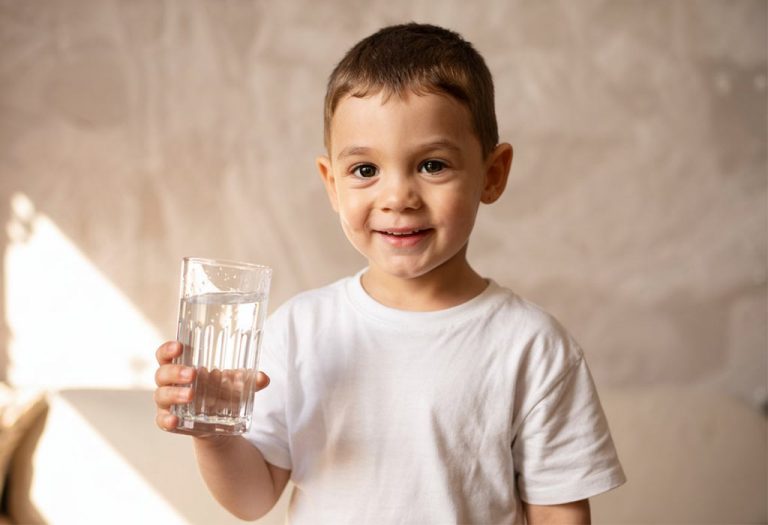
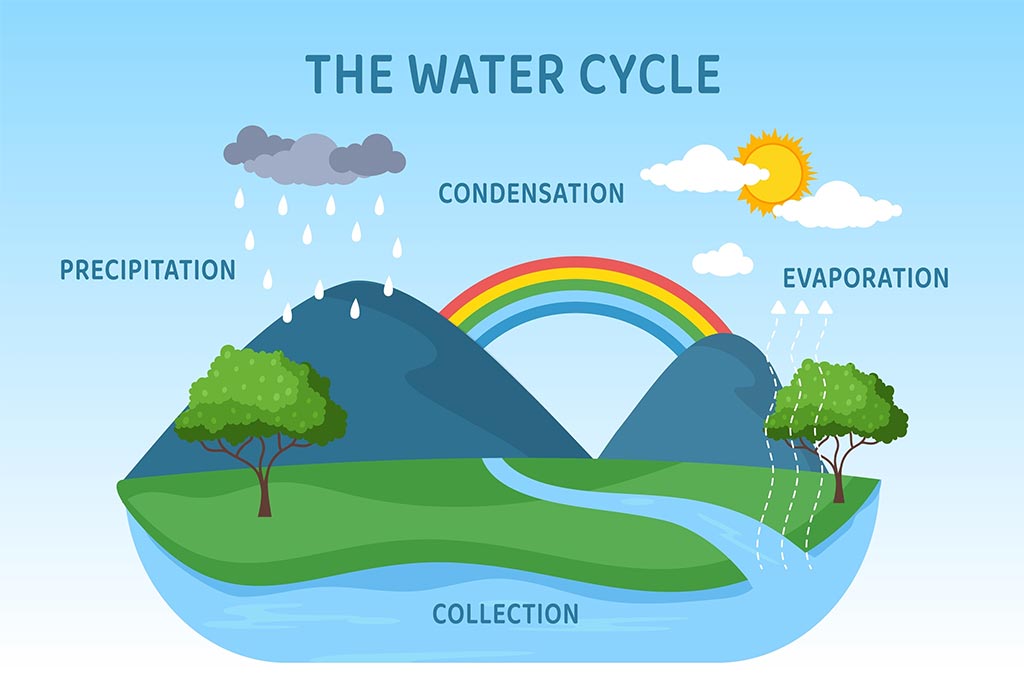



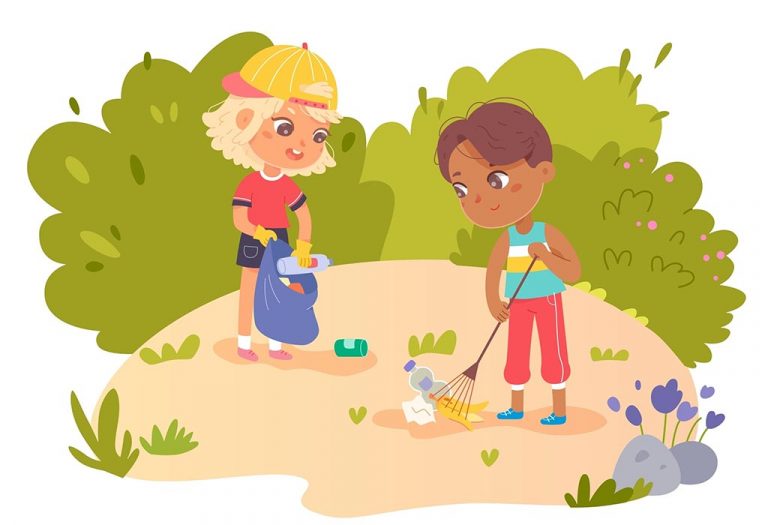



.svg)









